News: World Trade System
Pursuing an Open Strategic Autonomy trade policy against China: Expect policy fluidity
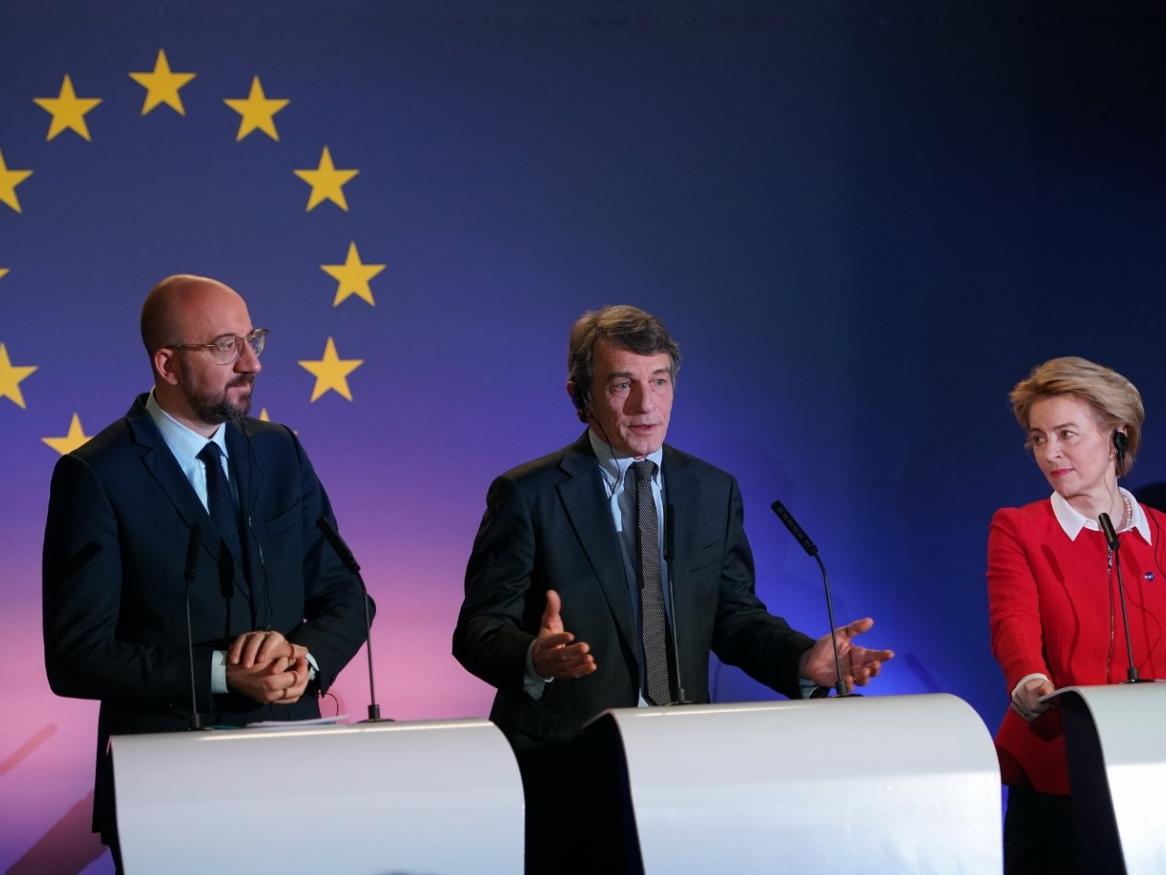
Weinian Hu is Research Fellow at the Centre for European Policy Studies, Belgium. The EU’s Open Strategic Autonomy policy approach was first revealed under the Commission’s recovery plan post-Covid, which was released in May 2020.
Cold War 2.0: Implications for Middle Powers
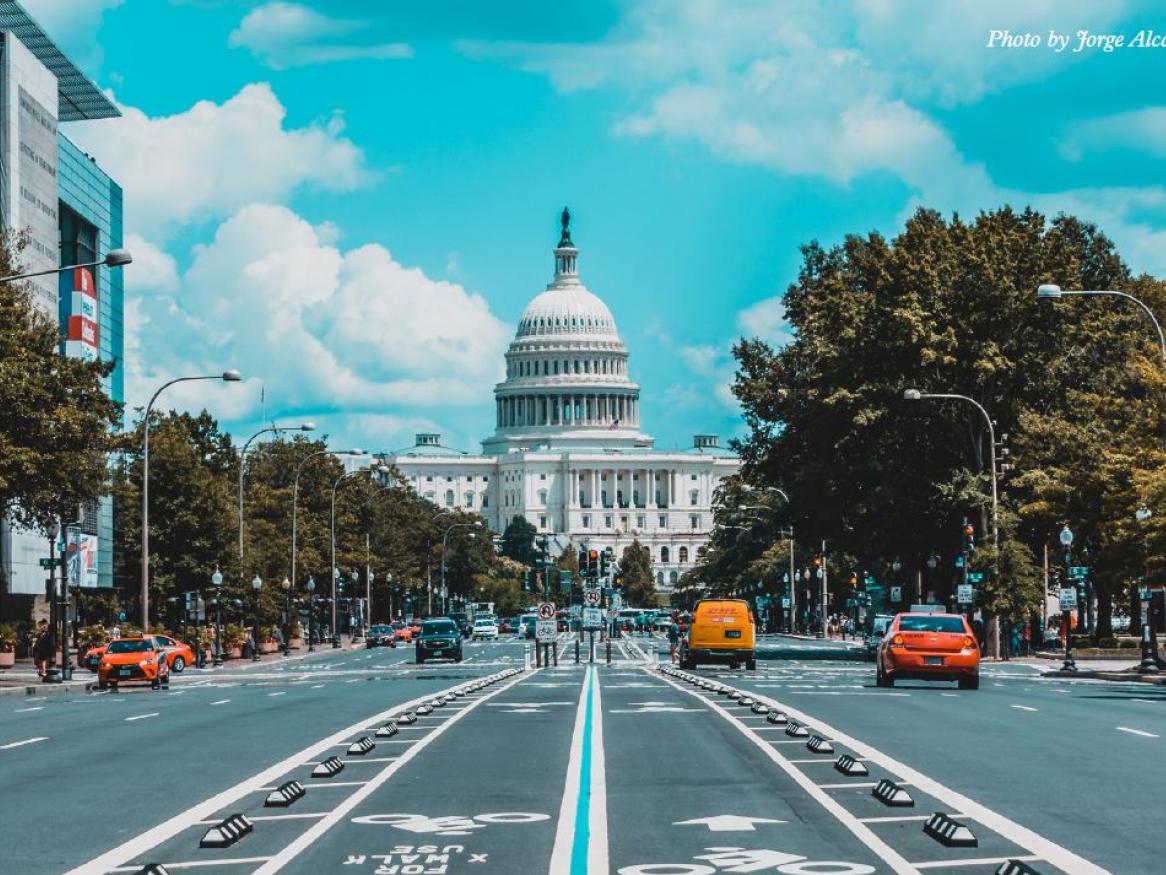
Carlos A. Primo Braga is an Adjunct Professor, Fundação Dom Cabral, Brazil.
The commercial and geopolitical conflict between China and the United States is unlikely to abate in the coming years. This brief discusses the contours of recent geopolitical history in order to contextualize the nature of this new “Cold War” between the two superpowers.
[Read more about Cold War 2.0: Implications for Middle Powers ]
Putting the Comprehensive Agreement on Investment (CAI) into perspective: Five key points
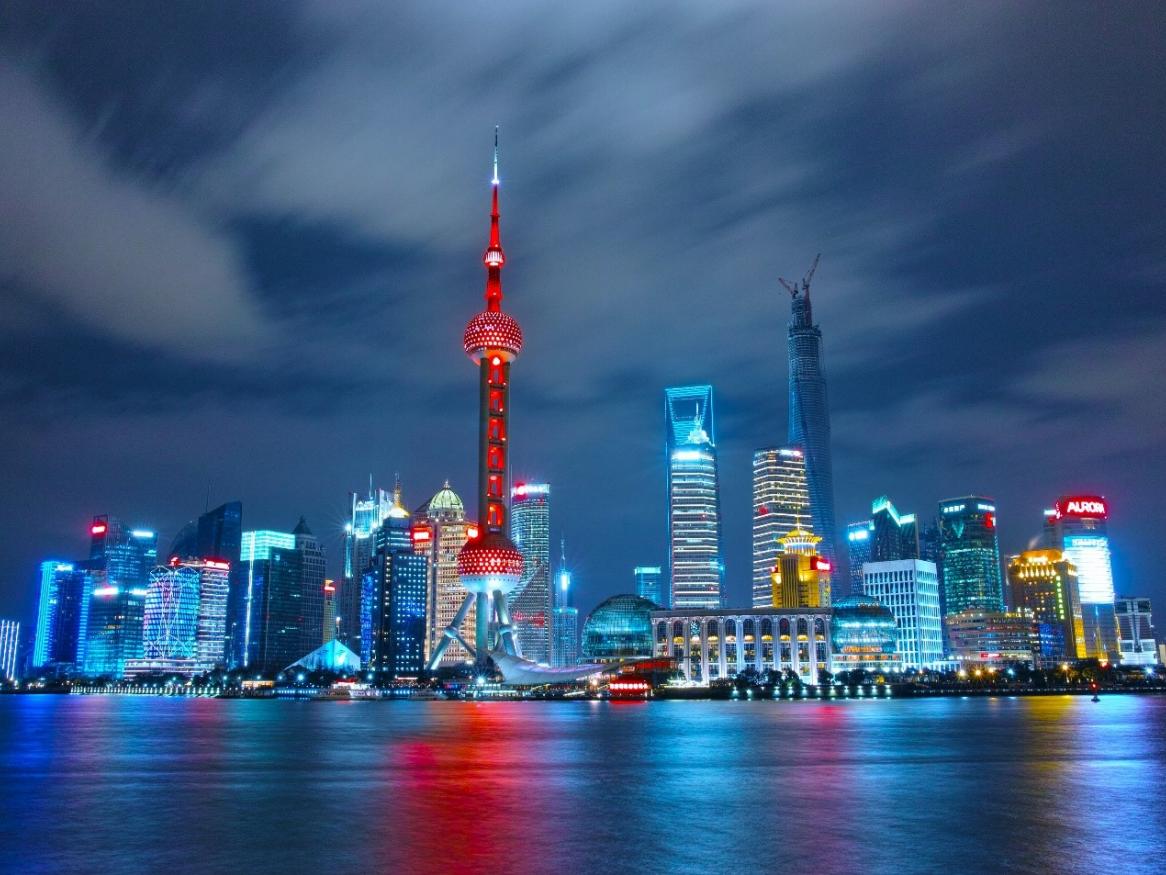
Bryan Mercurio is Simon F.S. Li Professor of Law at the Chinese University of Hong Kong. On 30 December 2020, the European Union (EU) and China ‘in principle’ concluded negotiations on a Comprehensive Agreement on Investment (CAI). The European Commission published the text of the CAI on 22 January 2021. The agreement has been welcomed by the business community but criticised by civil society and the United States (US).
Reforming industrial subsidies usage through the WTO: Process Proposals
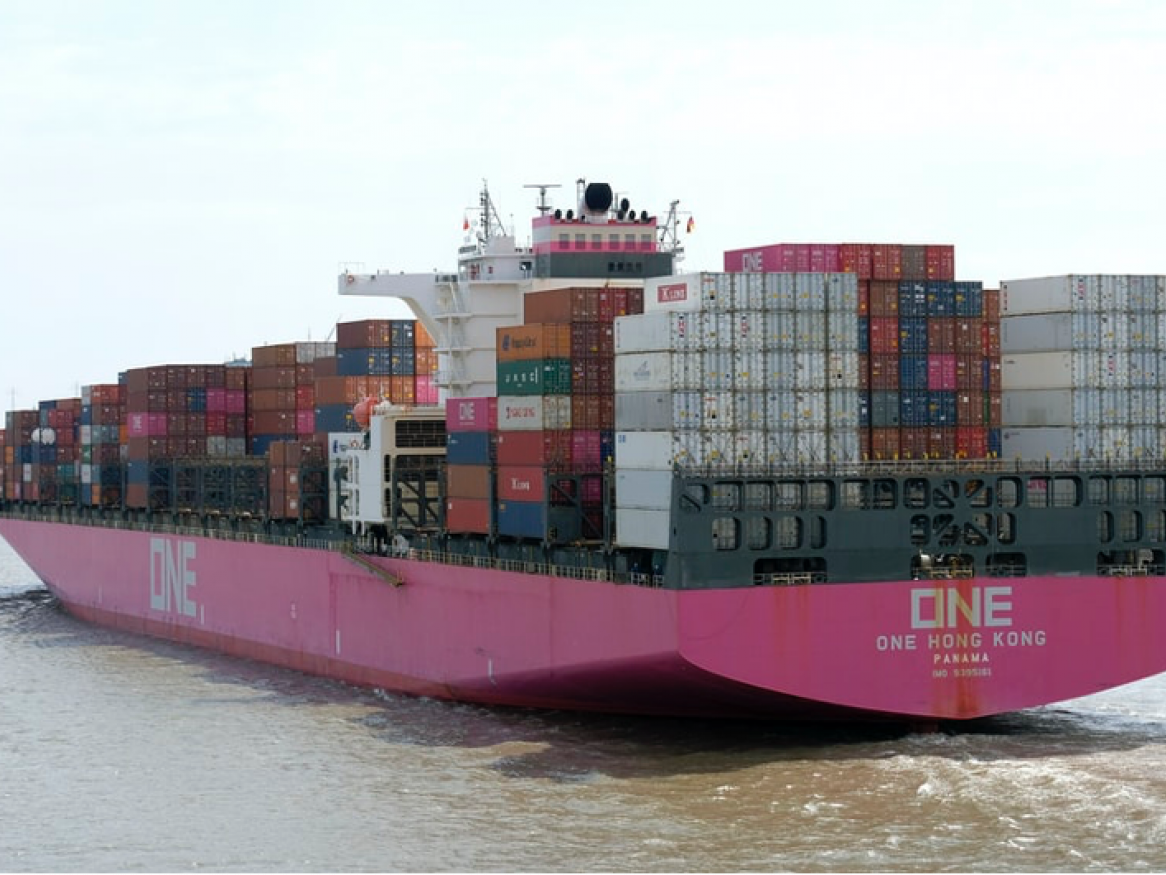
Professor Peter Draper is Executive Director of the Institute for International Trade. Dr Naoise McDonagh is Lecturer in Political Economy at the Institute for International Trade.
The distorting effects of state-owned enterprises (SOEs) and industrial subsidies on global market competition has become a topic of increasing importance for many World Trade Organization (WTO) members in recent years.
[Read more about Reforming industrial subsidies usage through the WTO: Process Proposals]
Global Food Systems: Fit for the Future?
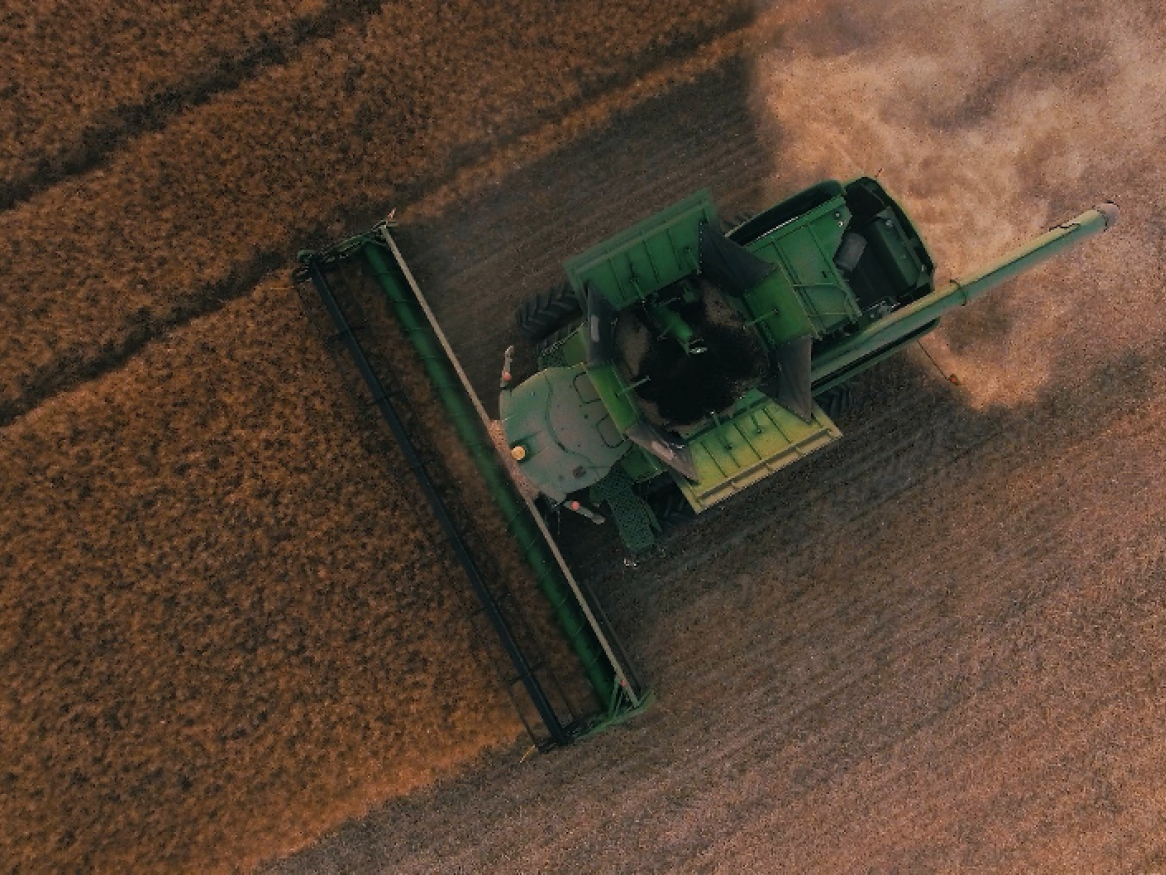
Ken Ash is an Independent Consultant, IIT Visiting Fellow, and former OECD Director of Trade and Agriculture.
Well-functioning global food systems matter, to all of us. Global food systems perform well overall, and today provide more safe, nutritious, and affordable food per capita than ever before. At the same time, over 800 million people are undernourished and a higher number are overweight.
Biden and Berlin: How Germany can help reset transatlantic relations
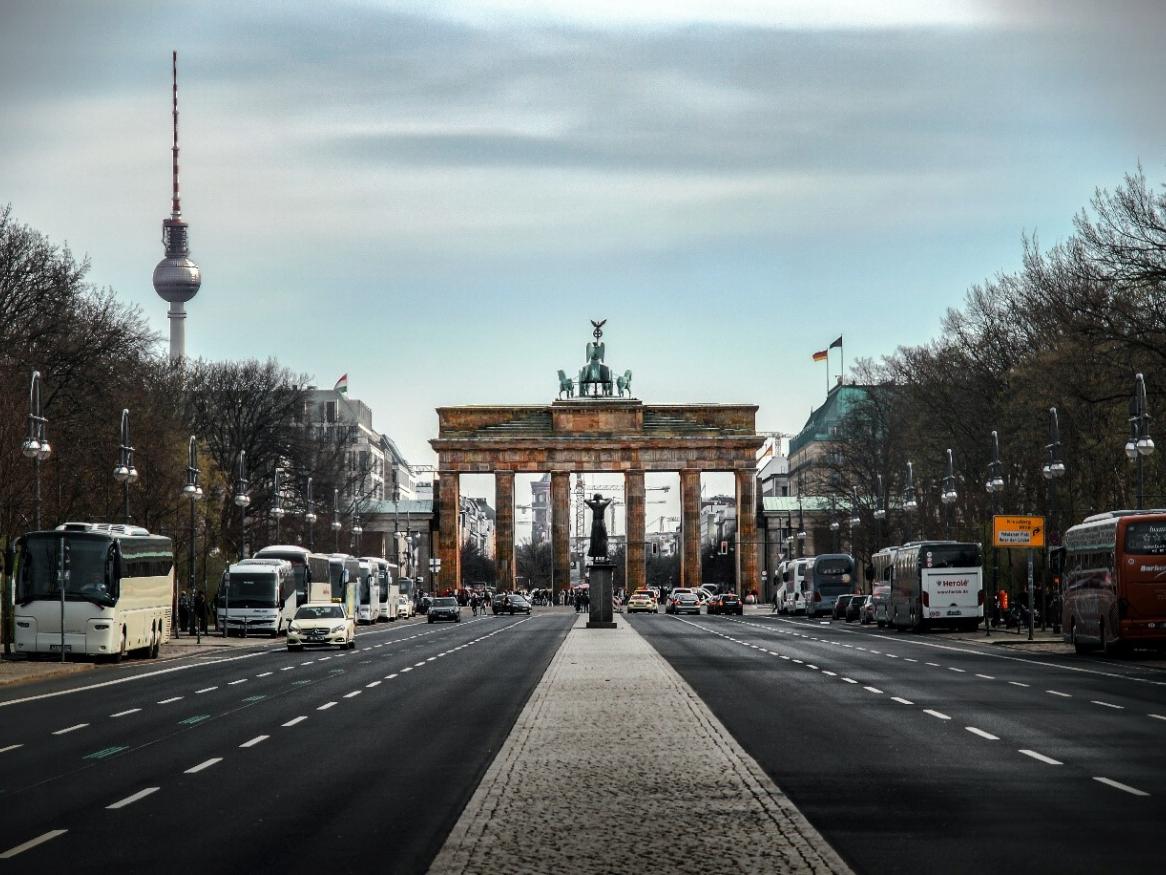
Andreas Freytag, Professor and Chair of Economic Policy, Friedrich Schiller University, Jena and Visiting Professor with IIT.
The election result in the United States (USA) is now certain. Despite the refusal of leading Republicans to recognize the election result and to congratulate the election winner, everything now speaks in favor of the next (and thus 46th) President of the USA being Joseph R. Biden, Jr. This means an experienced Washington insider will again sit in the Oval Office, marking a return to more typical pre-Trumpian forms of policy and diplomacy.
[Read more about Biden and Berlin: How Germany can help reset transatlantic relations]
Building more resilient global value chains
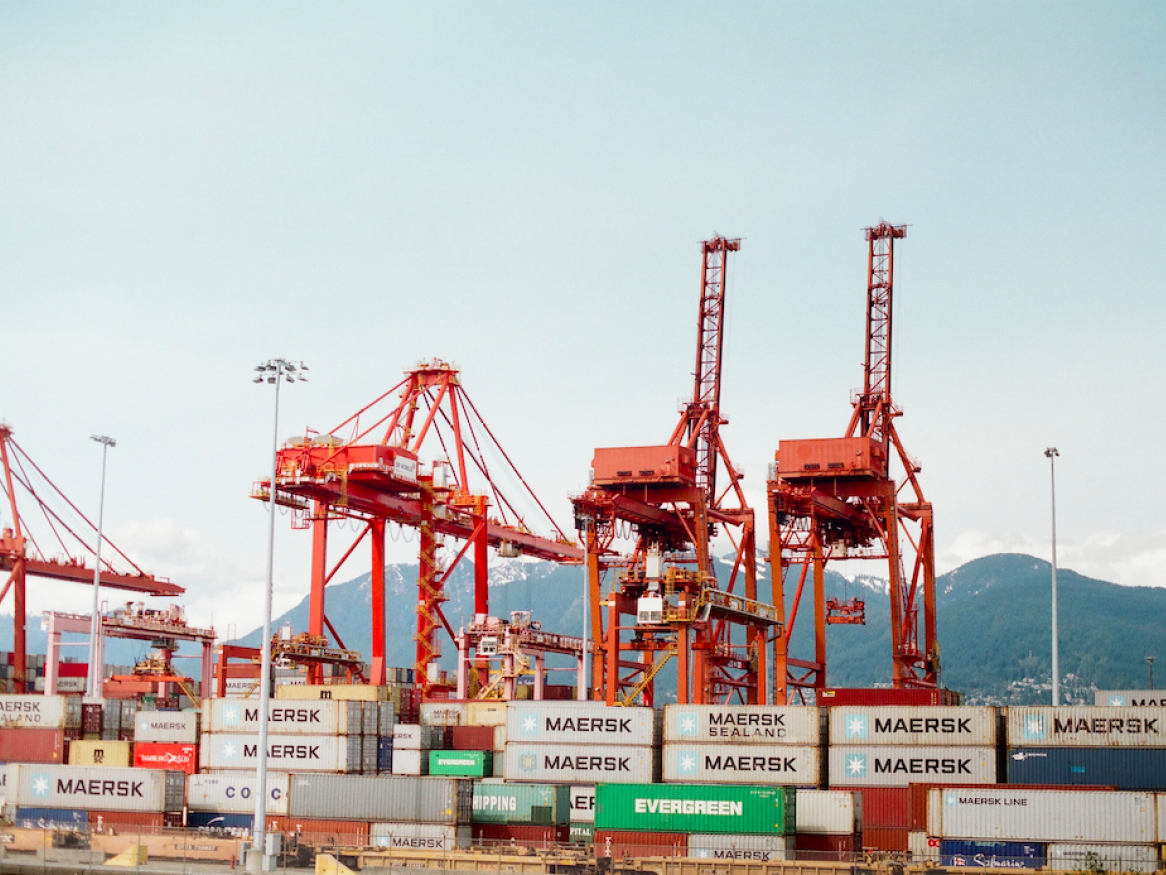
Ken Ash, Independent Consultant, IIT Visiting Fellow, and former OECD Director of Trade and Agriculture.
The COVID-19 pandemic emerged in a world characterized by high trade tensions and considerable inertia across the multilateral trading system. A number of countries were moving towards plurilateral, regional and bilateral trade arrangements, and some governments were already beginning to explore ways in which they might more actively shape domestic economic activity.
[Read more about Building more resilient global value chains]
What is the G20's role in reforming industrial subsidies?
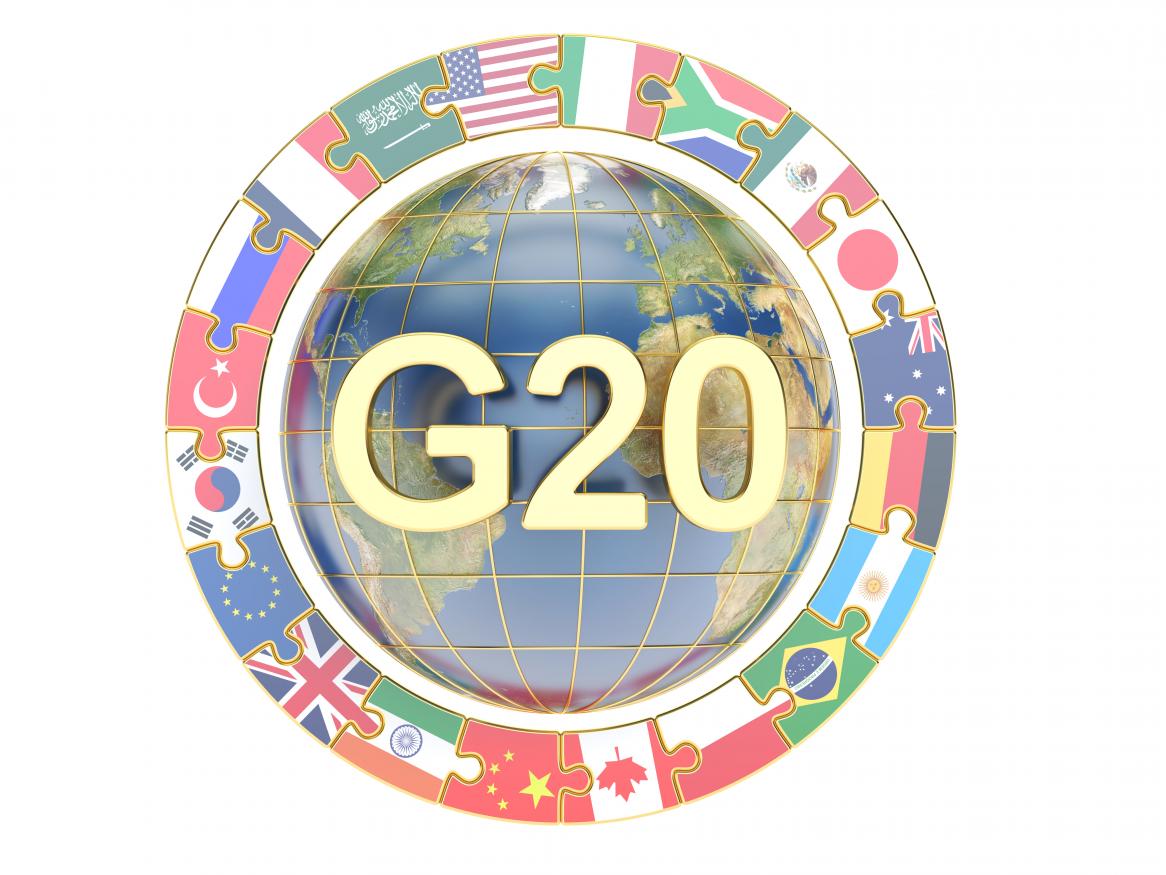
The Institute for International Trade partnered with the Trade and Investment Research Network to deliver an informative webinar with our distinguished panel for a substantive discussion on the G20's role in reforming industrial subsidies. ‘What is the G20's role in reforming industrial subsidies?’ was the central question assessed by a panel of distinguished trade experts during this recent webinar.
[Read more about What is the G20's role in reforming industrial subsidies?]
Post-Covid 19: Back to the past or the start of a greener future?

Mike Humphrey Senior Trade Advisor at the Institute for International Trade at the University of Adelaide.
As is the case with most governments world-wide, the Australian government’s concern regarding the recovery from the economic impacts of the COVID-19 crisis has been how to reboot the domestic economy and international trade as rapidly as possible.
[Read more about Post-Covid 19: Back to the past or the start of a greener future?]
United States Trade Policy Under a Biden Presidency: Challenges and Opportunities
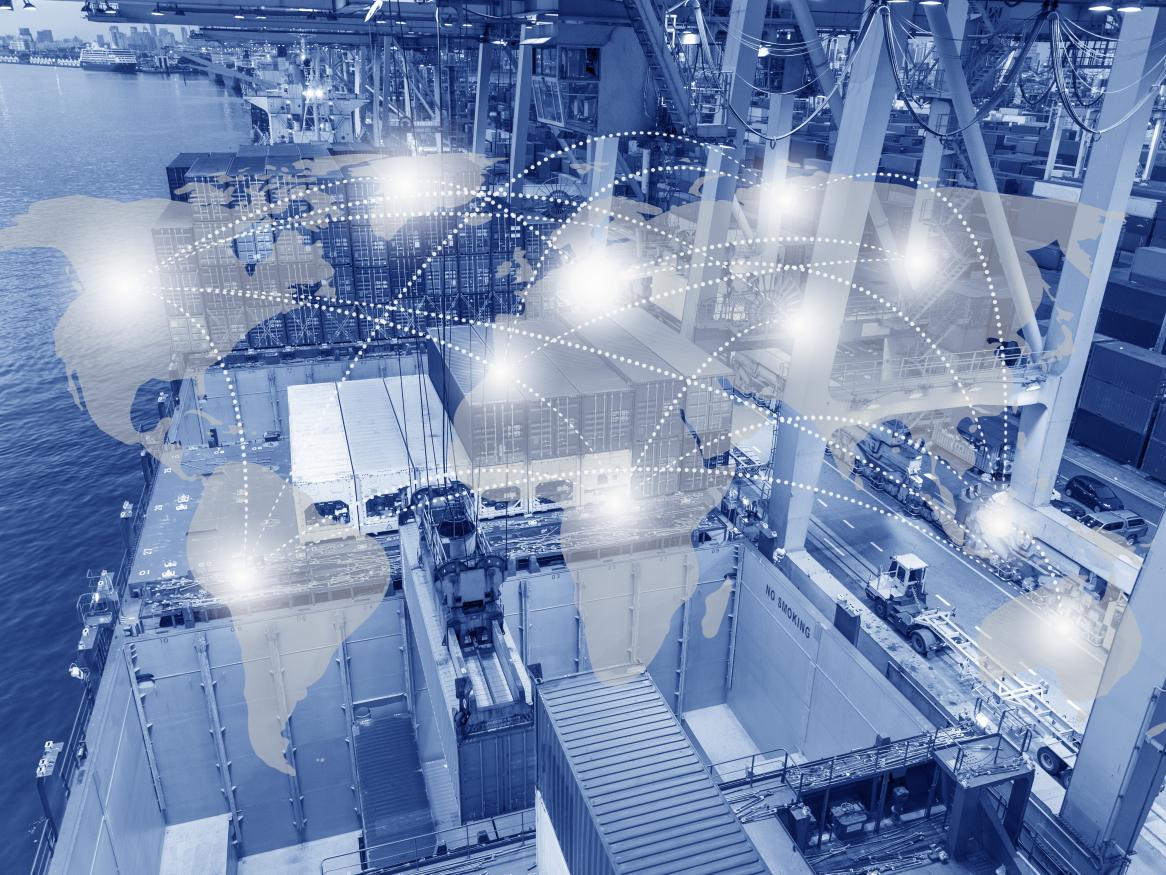
Visiting Fellow Milton Churche. Milton Churche left the Australian Department of Foreign Affairs and Trade in 2018 after working on trade policy since 1987.
The Trump administration has called into question the value of trade agreements, including of the World Trade Organization (WTO), abused the concept of national security to justify openly trade protectionist actions, invoked “trade wars” as legitimate policy tools to advance national objectives, and moved in the direction of managed trade. Would a Biden presidency bring a decisive change in direction on US trade policy?
[Read more about United States Trade Policy Under a Biden Presidency: Challenges and Opportunities ]
This work is licensed under Commons Attribution-NonCommercial-NoDerivatives 4.0 International License.
IIT is a global leader in researching, analysing and commenting on International Trade.
Stay informed about our up-and-coming seminars, events, publications, awards, new projects and collaborations, and other exciting news.
